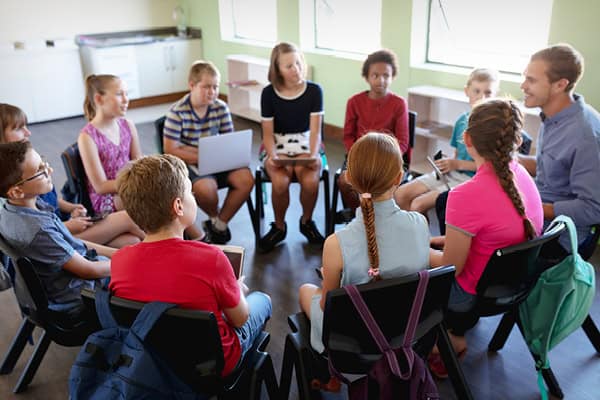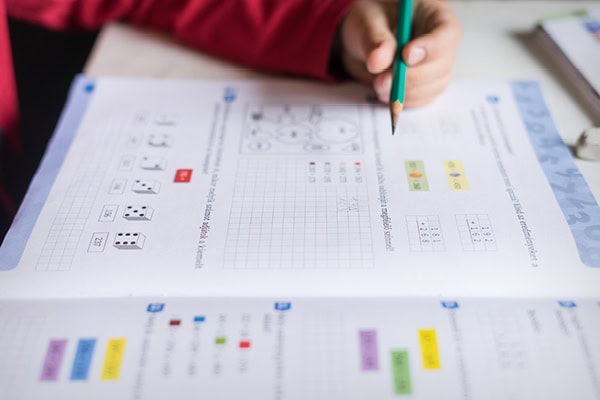“In the words of Brené Brown, ‘Teachers are the guardians of spaces that allow students to breathe and be curious and explore the world and be who they are without suffocation.’ Classroom environments that respect student identities support empathy and understanding among students as well as higher achievement and well-being,” writes Becky Corr, a coordinator for the Language, Culture, and Equity Department in Colorado’s Douglas County school district, in an Education Week column.
“Teachers alone do not create these spaces. Students thrive academically, socially and emotionally when practitioners partner with families to create positive environments that reinforce students’ stories and identities. Teachers who focus on partnerships report higher levels of satisfaction with their profession because they spend less time on behavioral challenges and more time on the positive relationships they have with caregivers.
“Three ideas are the basis for the strategies we’ll explore: Two-way communication, sharing parents’ stories, and honoring multilingualism.
“Two-Way Communication: It’s important for teachers to focus on high-yield, quick strategies that pay dividends and save time in the long run. One strategy is to ask parents to write the teacher a letter or create an audio recording. Ask parents to share about their child, their interests, and anything that’s important for the teacher to know.
“Share Parents’ Stories: Each year, we have an English-language development celebration for our district. Students share their talents and accomplishments, and we celebrate educators who are ambassadors for our multilingual families. Each year, we invite parent speakers to share their stories. This year, a parent spoke about her family fleeing Afghanistan. Another parent spoke of the struggles of finding belonging when she immigrated from India and how educators supported her family. By partnering with our families, we have been able to shine a light on their stories and improve our practices.
“Honor Multilingualism: Stimulate students to use their full linguistic repertoire and honor multilingualism in the classroom. Being bilingual is a gift and creating intentional opportunities to use all the languages students know supports their identities, language development, and their academic achievement. Label classroom objects in multiple languages and group students with similar languages together during a classroom discussion or project are a couple ways to support and honor student identities and linguistic gifts.
“Encourage students—even students who are learning world languages—to discuss a topic in multiple languages. As a teacher, I’ve asked students to describe a math concept in English and another language as they felt comfortable. The classroom was a flurry of explanations in Vietnamese, Ukrainian, Spanish, English and Mandarin. Students had a new respect for each other and their gifts.
“Sharing stories and partnering with caregivers is foundational, intentional and transformational. Create practices in small but meaningful ways to lay the foundation for students and families to share their stories. It is an experience that can transform our classrooms and our schools.”
Education Week





